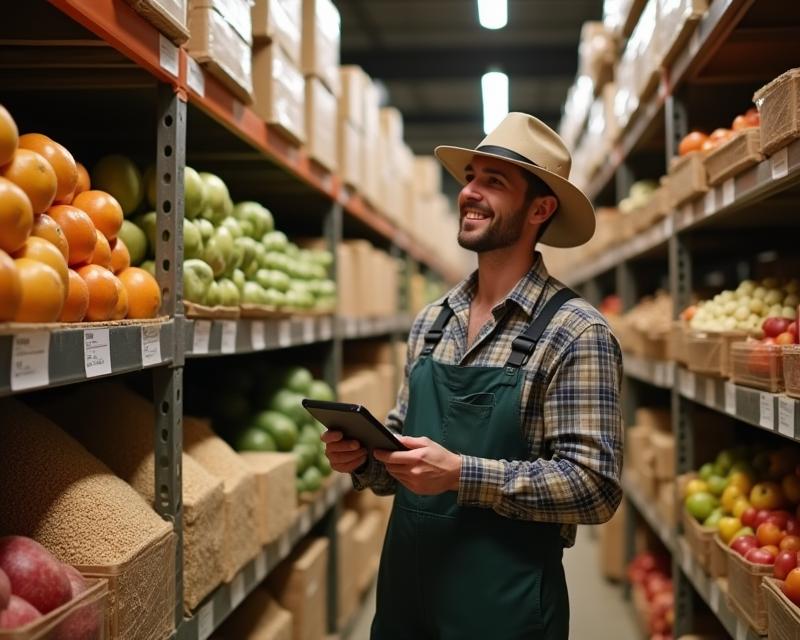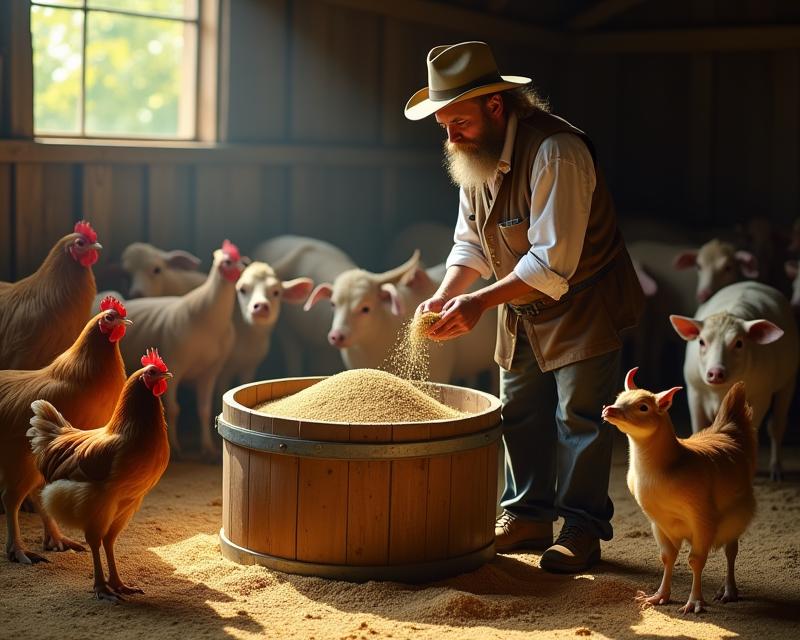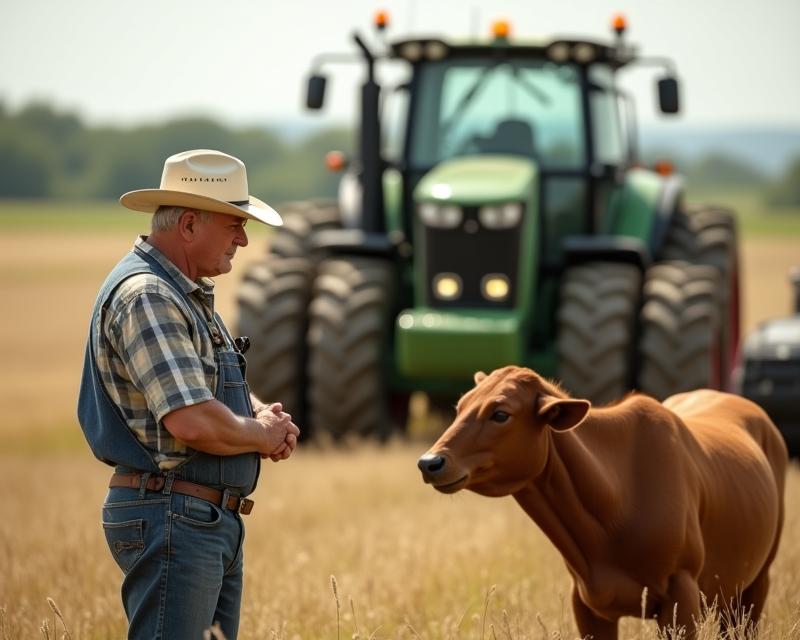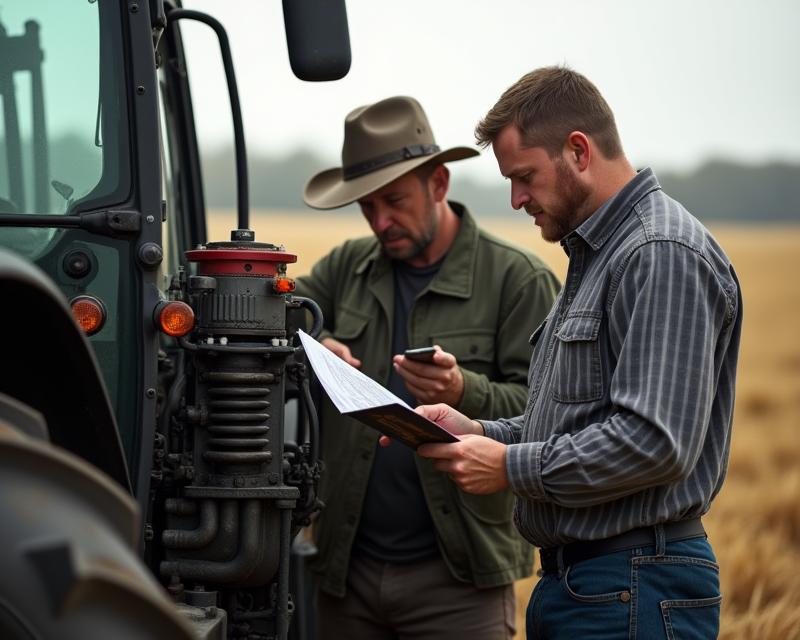Young Farmers: Facing the Future
Publish in Farm Business el 28/06/2025 22:33
Young Farmers: Facing the Future
The image of a young, vibrant farmer tilling the soil is becoming increasingly common, yet the reality for many aspiring agriculturalists is far more complex. While the appeal of farm life remains strong, a new generation of farmers faces a unique set of challenges that threaten the sustainability of family farms and the future of food production. Economic pressures, technological advancements, and evolving consumer demands are creating a landscape that requires resilience, adaptability, and innovative thinking.

Economic Hurdles
One of the most significant obstacles is the high cost of entry. Land prices continue to rise, making it difficult for young people to afford to start a farm. Furthermore, access to capital can be limited, especially for those without established credit histories. Traditional financing options often require substantial collateral, which many young farmers lack. Fluctuating commodity prices and unpredictable weather patterns add further financial risk, making it challenging to achieve consistent profitability. Government support programs, while helpful, often require navigating complex application processes and may not fully address the specific needs of emerging farmers.
Technological Transformation
The agricultural industry is undergoing a rapid technological transformation. Precision agriculture, utilizing GPS, sensors, and data analytics, offers the potential to increase efficiency and reduce waste. However, adopting these technologies requires significant investment in equipment and training. Many young farmers lack the resources and expertise to fully embrace these advancements. Furthermore, the increasing reliance on technology raises concerns about data privacy and cybersecurity. Bridging the digital divide and providing accessible training are crucial for ensuring that young farmers can effectively leverage technology to succeed.
Meeting Consumer Demands
Consumers are increasingly demanding sustainably produced food, with a greater emphasis on organic practices, animal welfare, and environmental responsibility. While this presents an opportunity for young farmers to differentiate themselves, it also requires adapting farming practices to meet these evolving expectations. Marketing and branding are also becoming increasingly important. Young farmers need to effectively communicate their story and connect with consumers through direct-to-consumer sales channels, such as farmers' markets and online platforms. Building strong relationships with consumers is essential for fostering trust and loyalty in a competitive marketplace.
Building a Sustainable Future
Despite these challenges, the future of agriculture depends on attracting and supporting the next generation of farmers. Creating supportive policies, providing access to affordable financing, investing in education and training, and fostering a strong sense of community are all essential for ensuring the long-term sustainability of farming. By addressing these challenges head-on, we can empower young farmers to build thriving businesses and contribute to a more resilient and equitable food system.





